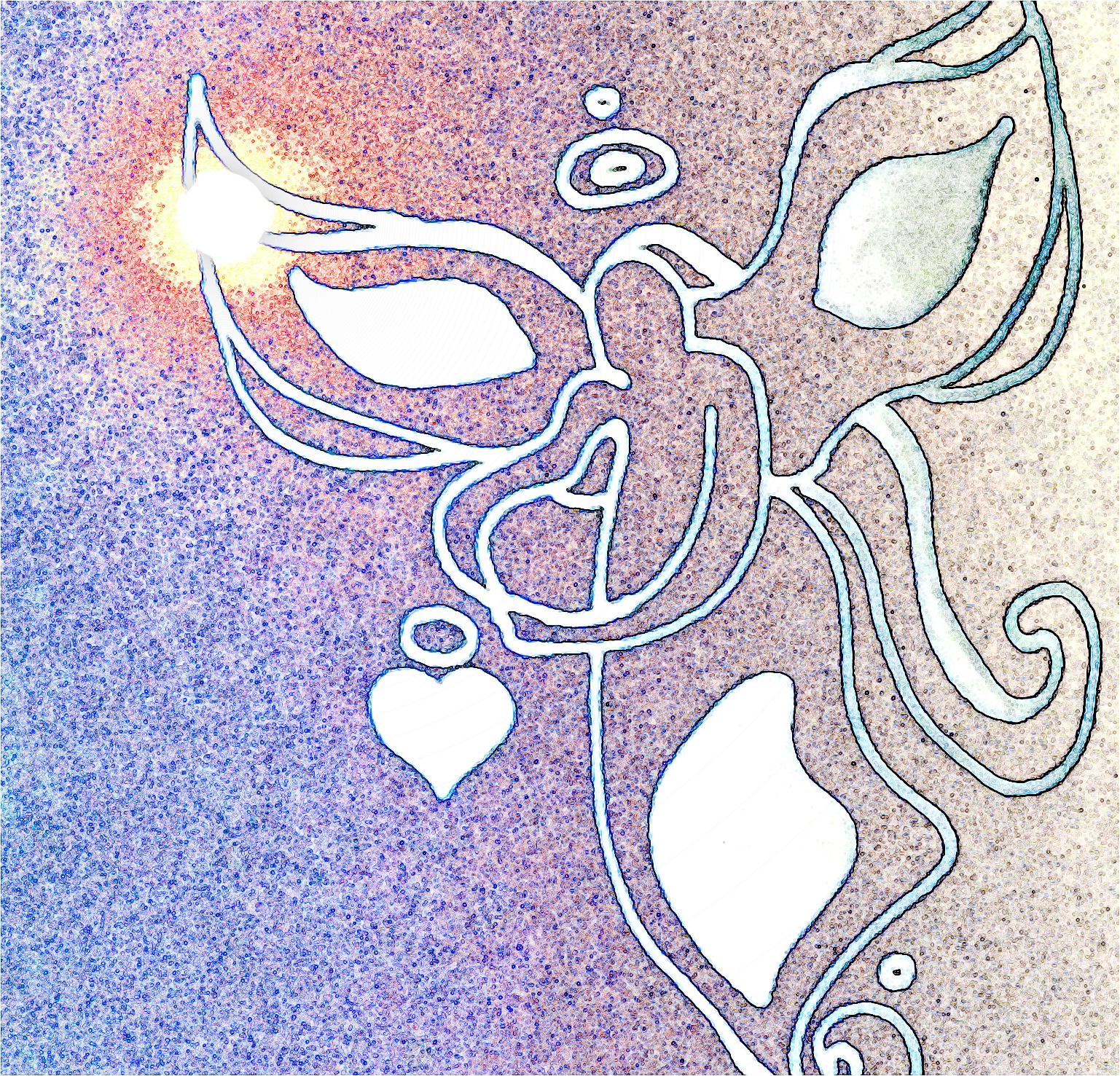
“The human heart is basically very compassionate, but without wisdom, compassion will not work. Wisdom is the openness that lets us see what is essential and most effective.” ~ Venerable Khandro Rinpoche
John Milton, the poet who wrote the epic “Paradise Lost,” famously talked about how we can’t know light without dark, good without any concept of evil.
There are definitely limitations to framing the world through dualities, but it’s also true that as humans, we have a finely honed ability to discriminate between one thing and another, to isolate things out, and this allows us to move around the world with relative ease.
If we come upon something and can’t identify it, we can always get closer to whatever essence it might have by trying to figure out what it is not, because we have evolved to know how to make distinctions.
In an important way, Buddhist teachings can be seen to run along similar lines. Learning who we are is less about scrutinizing the qualities we possess (because anything we possess, obsess over, or cling to is ultimately transient), but by stripping away the layers of who/what we are not.
We are not our conditioning, false beliefs, habit patterns, misguided perceptions. Even our mind! The ability to make this discernment is one of the foundations that can guide us toward wisdom.
Needless to say, this process of disrobing or “dis-arming” is a fragile and challenging one. At every moment, we encounter obstacles as our egos resist—tear, scream, claw at us—as we part with our lifelong, cherished ideas about ourselves. Our very identity markers are on the line, and this is more than little terrifying.
“Fear is a natural reaction to moving closer to the truth.” ~ Pema Chodron
But we want to know the truth, don’t we? It certainly helps to know something about the direction to which we’re headed. In Buddhism, there are two beautiful qualities we are striving for, the benchmarks of attainment.
These are wisdom and compassion.
We throw these words around a lot, especially in so-called spiritual circles, but it’s actually very difficult to grasp these sought-after characteristics of a realized human, and it’s easy to develop either an oversimplified view of what they are, or a defeatist attitude about achieving them.
What are wisdom and compassion, then, in the Buddhist sense?
Keeping in mind that different schools of Buddhism have somewhat varying perspectives, wisdom involves uncovering what lies within. We don’t have to “get” anything to have it. Rather, we have to peel away the layers that are blocking us from directly observing it. Wisdom, then, is associated with truth and clear seeing, and taking steps toward it create remarkable guidelines for right living.
With this clarity that wisdom brings, what we can understand is something best-described as “emptiness”—which doesn’t mean that nothing exists or that life is meaningless, but that our conventional way of regarding objects as having separate, independent existence is not accurate. Wisdom’s clarity also allows us to not only understand, but experience the impermanence of all things, or the truth of no-self, change and transience.
We tend to assume that wisdom is just like knowledge and intellect, because many of us have been raised to value the kind of smarts that come from amassing information and playing mental gymnastics. But this kind of knowledge can become a great hindrance on the route to wisdom.
True wisdom cannot come directly and solely from learning about concepts, but by arriving at truths through direct experience and observation. Meditation is a key practice here, as is honing the mind and cultivating compassion.
What is compassion, then? We usually relegate compassion to the back doors of the proverbial intellectual classroom. We assume compassion is either easy to call up when needed, or something instinctive, that we’re already, naturally good at. Otherwise we’d be studying it in school, right?
We’re taught to be kind and helpful to others, sure, but at the same time many of us are so frantically caught up in the dramas of passion and romance that we have almost lost an ability to have relationships without attachment. A lot of what passes for compassion, then, really comes from self-interested motivation and ego.
The classic example is how we perceive the idea of “love,” that sweet, torturous and perfect bundle of feelings we usually direct at someone(s) in particular, with expectations of receiving a whole lot in return. This, of course, is attachment – to a person, to outcome, to pleasant feelings—and it’s very conditional. Love, on the other hand, must necessarily be unconditional and universal.
Compassion stems from a profound realization that there is a lot of pain in the world, and wanting more than anything to ease all beings of their suffering. No “self” crops up in this desire, though cultivating our own happiness, really working toward self-love and acceptance, is integral if we want to develop compassion for others.
What’s truly beautiful to me here is that Buddhism highlights both wisdom and compassion—interestingly, wisdom is often depicted as the female half and compassion as a male half of the wisdom/compassion equation, and of course they unite, and there is no distinction.
We can say that compassion without wisdom leads to suffering, because we have to know how to help others without harming ourselves in the process. We need the very wisdom of discernment we were talking about earlier. We have to understand boundaries and understand how we can best be of benefit to others.
We can also say that wisdom without compassion leads to suffering, because no amount of knowledge or truth-attainment is worth its weight in wisdom-gold if it’s not accompanied by a full, open and giving heart and a genuine desire to ease the suffering of others.
And this is how we come to have two wings of one angel, soaring in the light of our human efforts to be at peace.
Love elephant and want to go steady?
Sign up for our (curated) daily and weekly newsletters!
Author: Tammy Stone
Editor: Catherine Monkman
Photo: Author’s Own






Read 0 comments and reply